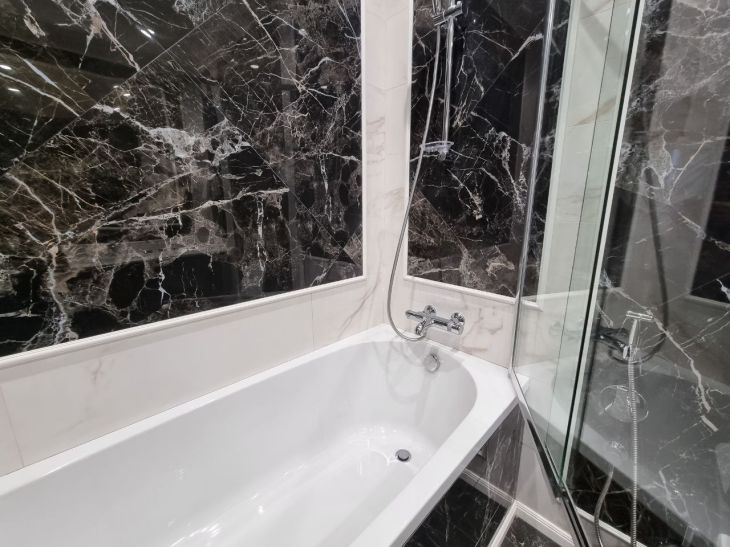A sparkling clean bathroom is proof that all hygiene standards are observed in the house and that perfect order is maintained.
Regular care helps maintain the snow-white color of the surface, but sometimes special methods are required to restore the original cleanliness.
Preliminary surface preparation
The cleaning process begins with the preparatory stage. The surface of the bathtub must be cleared of cosmetics and other items.
You should then rinse the tub with warm water to remove dirt and soften old stains.
Use of household chemicals
The modern market offers a variety of specialized products for cleaning bathtubs.

Professional formulations contain active components that effectively deal with various types of dirt. The product is applied according to the instructions, the exposure time can vary from 15 minutes to an hour.
Folk methods of cleaning
Citric acid is considered an excellent assistant in the fight against pollution. The solution is prepared at the rate of 100 grams of powder per liter of hot water.
The resulting composition is applied to the surface, left for 30 minutes, then thoroughly washed off.
Soda method
Baking soda has proven itself as a universal cleaning agent. Sprinkle the damp surface of the bathtub with soda, then spray with a vinegar solution.
The resulting foam helps remove even stubborn dirt. After the procedure, the surface is washed with clean water.
Mechanical cleaning
Special sponges and brushes help enhance the effect of cleaning agents.
For different surfaces, appropriate tools are selected: soft sponges for acrylic, hard brushes for cast iron. It is important not to use abrasive materials that can damage the coating.
Bathtub bleaching
The whiteness of the surface can be restored using bleaching agents.
Chlorine-based products effectively deal with yellowing and grey plaque.
When working with such substances, it is necessary to ensure good ventilation of the room.
Pollution prevention
After basic cleaning, it is recommended to apply a protective compound.
Special products create a water-repellent film on the surface of the bathtub, which prevents the formation of limescale and facilitates subsequent maintenance.
Features of care for different materials
The material of the bathtub determines the choice of cleaning products and methods. Acrylic bathtubs require delicate care without the use of abrasives.
Cast iron and steel baths are more resistant to mechanical impact. Enameled surfaces need protection from aggressive chemicals.








